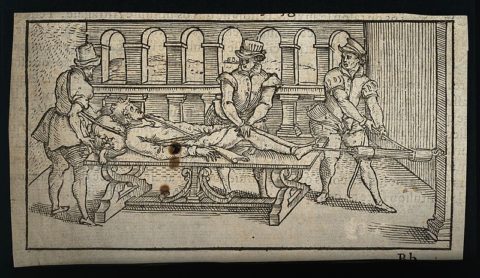Podcast: Play in new window | Download
Subscribe: RSS

And these days, every vote not counted, counts.
Ask any candidate for public office to explain a poll that finds 98 percent of the electorate despises him, and this will be his answer: “The only poll that matters is taken on election day.” Self-serving? Yes. Dodging the question? Sure. Putting lipstick on a pig? Uh-huh. The thing is, though, it is absolutely true.
Polls don’t tell us much of anything. Many of them have small samples, or self-selected samples (as in Internet polls), or loaded questions, and actually subtract from the sum total of human knowledge. The ones that are well done offer us a snapshot of opinions held when the poll was taken, and that almost certainly have changed by the time we hear about the poll.
But polls are the junk food of journalists — no nutrition, but tasty, with no work required. Thus every day we are told what polls have to say about the economy, international diplomacy, and whether brain surgery should be conducted with stainless steel, or ceramic, scalpels. In that last category, we have recently been informed that Robert Mueller’s approval rating among the American populace has dropped. The assumption apparently is that only popular prosecutors get convictions. Continue reading
 When we find ourselves surrounded by thick fog that obscures familiar landmarks and directional signs, we need help to get home, or to the pub, whichever comes first. It happened to me in the mountains once, and I was glad for the company of my faithful dog, who promptly abandoned me. I found him home by the fire when I eventually made it there.
When we find ourselves surrounded by thick fog that obscures familiar landmarks and directional signs, we need help to get home, or to the pub, whichever comes first. It happened to me in the mountains once, and I was glad for the company of my faithful dog, who promptly abandoned me. I found him home by the fire when I eventually made it there. 






